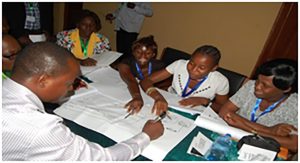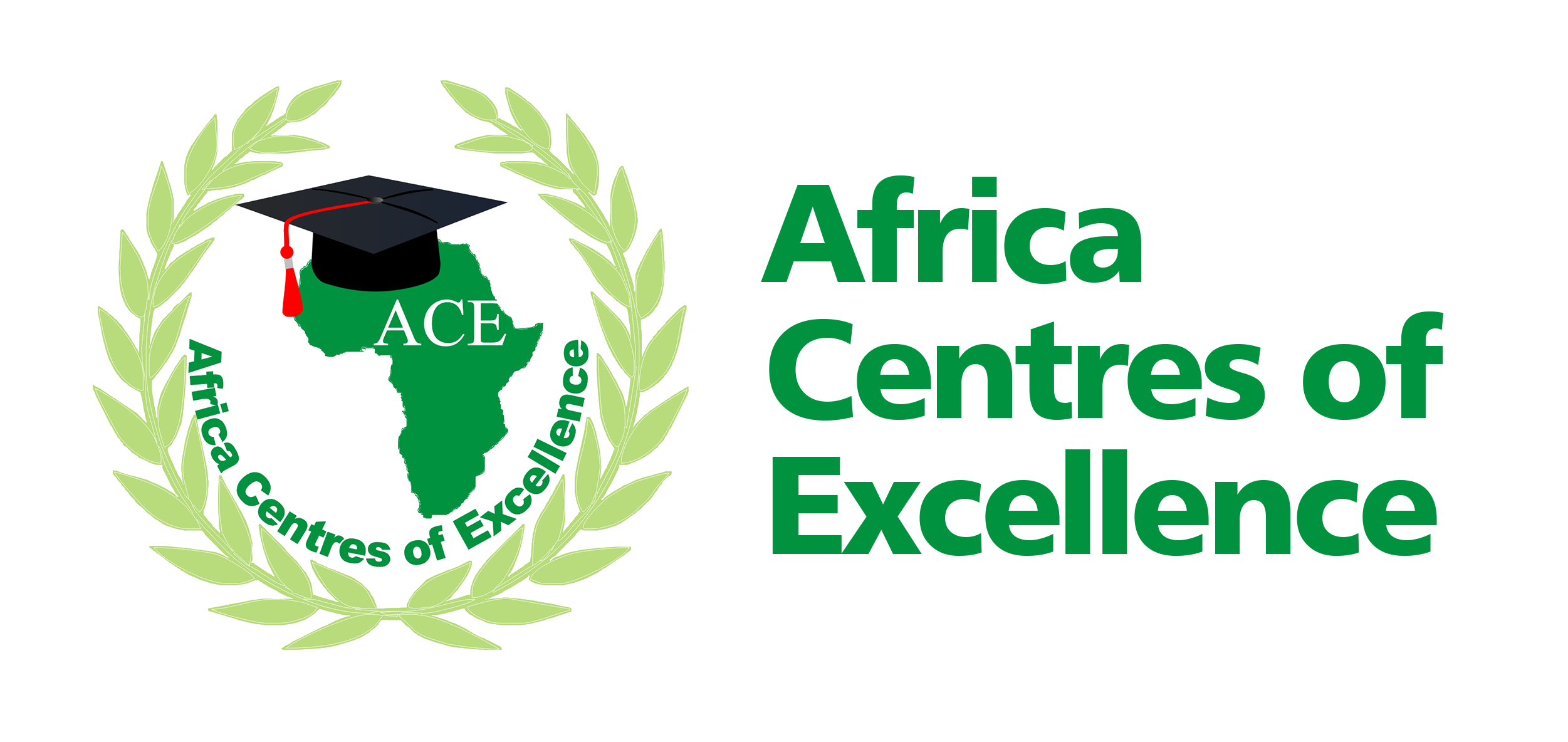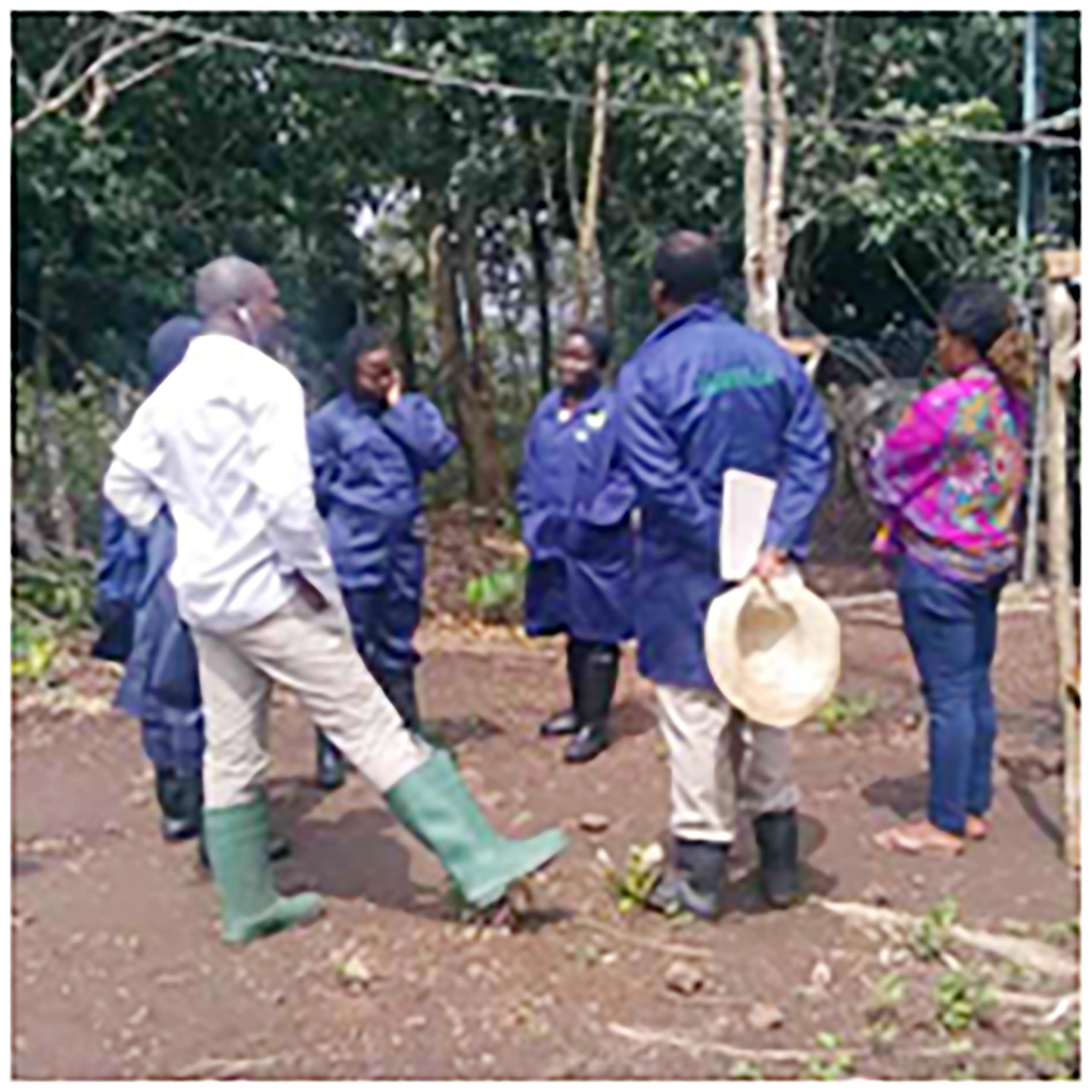By adopting a multi-disciplinary approach to sustainable agricultural development, the Federal University of Agriculture, Abeokuta (FUNAAB)’s Centre of Excellence in Agricultural Development and Sustainable Environment (CEADESE) is positioned to generate environmentally-smart agricultural innovations and patents in various fields of expertise. The Centre aims to do this with the introduction of six programmes, which include: Livestock Science and Sustainable Environment; Agricultural Development and Environmental Policy; Crop Production and Seed Enterprises Development; Agricultural Mechanisation and Sustainable Environment; Food Processing and Value Addition; as well as Hydrology and Climate Change.
It is expected that deliverables from teaching, learning and research efforts would lead to the production of a new generation of scientists, production and increased yield of climate-tolerant crop varieties, adapted and disease/environmentally-tolerant animal breeds, development of alternative animal feed resources, production of safe and nutritious foods, among others, which should lead to technological advancement, for dissemination to agriculture-related industries.
Following a competitive application process for the establishment of the Africa Centres of Excellence (ACE) project in the West and Central Africa sub-regions, FUNAAB was designated as a Centre of Excellence in Agriculture, in 2013. The Centre is aimed at strengthening human and material capacity for agricultural development and productivity, in the face of climate change challenges. This, it does, by forging closer relations with industry and stakeholders in Agriculture in order to respond to their developmental needs, through demand-driven research projects.
CEADESE officially took off on 16 February, 2014, following approval at a University Special Senate Meeting and offers programmes leading to the award of Master and Doctoral Degrees in Agricultural Development and Sustainable Environment (M.AgSE/PhD.AgSE). On Tuesday, 6December, 2014, the Centre held its maiden orientation programme for 65 pioneer students.
Welcoming guests to the orientation programme, which was organised for students admitted into the 2014/2015 academic session, the Vice-Chancellor, Professor Olusola Oyewole, who was represented by the Registrar, Mr. Mathew Ayoola, noted the World Bank’s eagerness to enhance teaching, training and research in the attainment of the objectives of the ACE project, by encouraging research collaboration with other national and regional institutions. He added that one of the goals of the project was to restructure education at the postgraduate level and equip benefiting universities to train graduates that would be relevant to industrial needs as well as national and regional development.
Professor Oyewole informed the students that about 150 applications were received for the programme, out of which 90 were carefully chosen, following a rigorous selection process. This was to satisfy the requirements of the World Bank that only the best of candidates should be admitted into the Centres of Excellence. He congratulated the students on their admission and enjoined them to study hard, bearing in mind the time-bound nature of the programme.
While addressing the students on the University’s academic policies, the then Dean of Postgraduate School, Professor Ololade Enikuomehin, assured the students that all challenges capable of hindering the smooth running of their programmes had been addressed.
Director, CEADESE, Professor Okanlawon M. Onagbesan, noted that the admitted students were from different universities in Togo, Benin Republic and The Gambia, among others. He emphasised the need for the students to learn other foreign languages before they embarked on their Industrial Attachments, in the event that they were sent to partner institutions in a Francophone country.
To achieve the desired collaboration with relevant institutions and industries, national and international partnerships were established with regional and national institutions such as the:
- International Institute of Tropical Agriculture, Ibadan, Nigeria
- National Centre for Agricultural Mechanisation (NICAM)
- Obasanjo Farms, Nigeria
- Livestock Feeds, Ikeja, Lagos, Nigeria
- Ogun-Oshun River Basin Development Authority,
- National Centre for Genetic Resources and Biotechnology (NACGRAB)
- Department of Livestock Services, Gambia
- GOMATHIAB Agricultural Cooperative Lome, Togo
- Ministry of Agriculture, Livestock and Hydraulic, Lome, Togo
- AfricaRice, Ibadan, Nigeria
- Institute of Agricultural Research & Training, Ibadan, Nigeria,
- AbomeyCalavy, INRAM, Cotonou, Benin Republic
- Nigeria Meteorological Agency (NIMET), Cappa Bus Stop, Blind Centre Street, Oshodi, Lagos, Nigeria.
- Nigerian Institute for Oceanography and Marine Research (NIOMR), Lagos, Nigeria.
- Benin-Owena River Basin Development Authority, Alagbaka, Akure, Ondo State, Nigeria
- National Horticultural Research Institute (NIHORT), Ibadan, Oyo State, Nigeria.
- Fresh Growers Farms, Ijebu-Ishiwo, Ogun State, Nigeria.
- Aquanova Global Systems, Lagos, Nigeria.
- CHI Farms, Ibadan, Nigeria.
- CERSA, University of Lome, Lome, Togo.

Group work in progress, during the training on ‘Food Safety for Nutritionists and other Health Professionals’organised by CEADESE, recently

